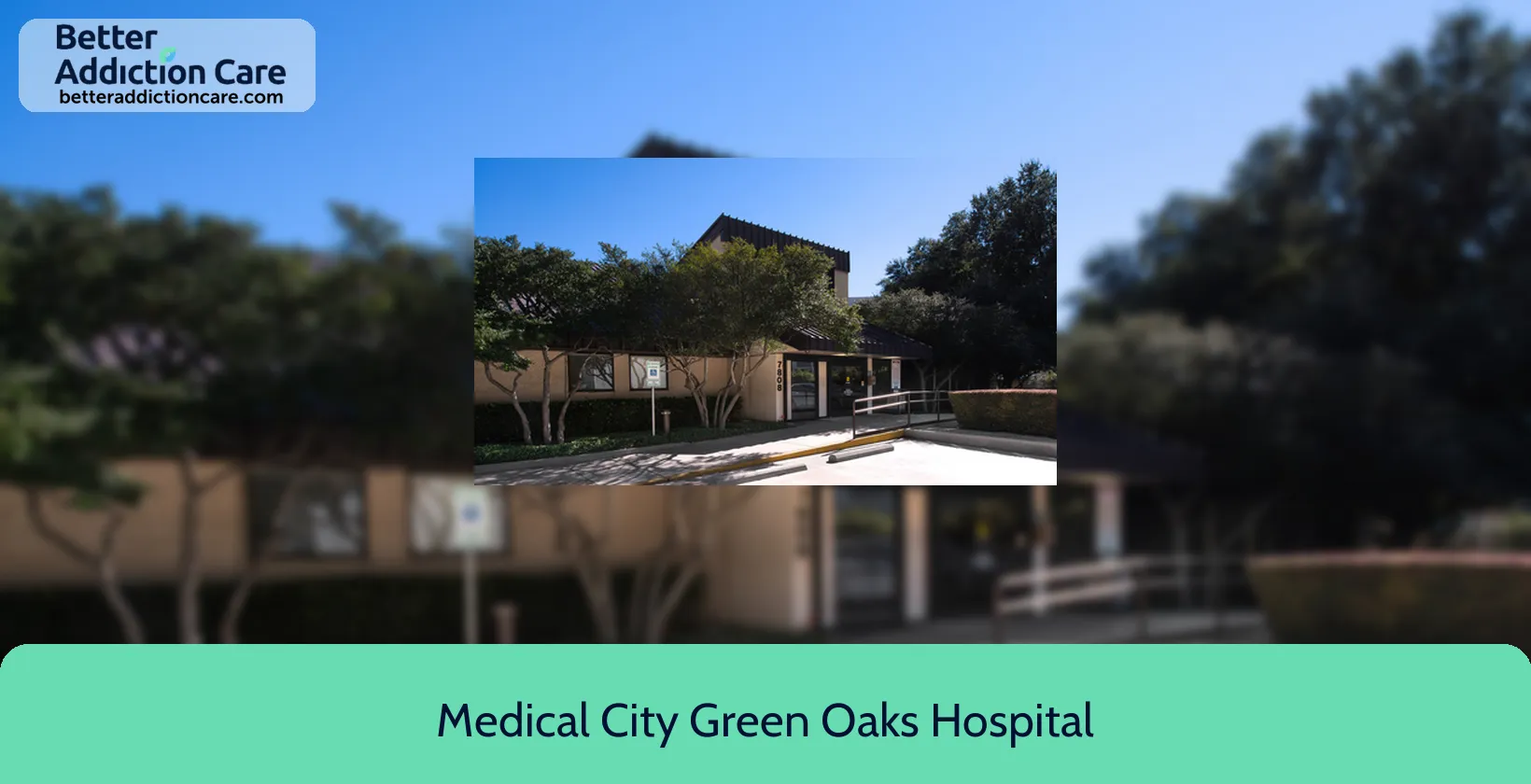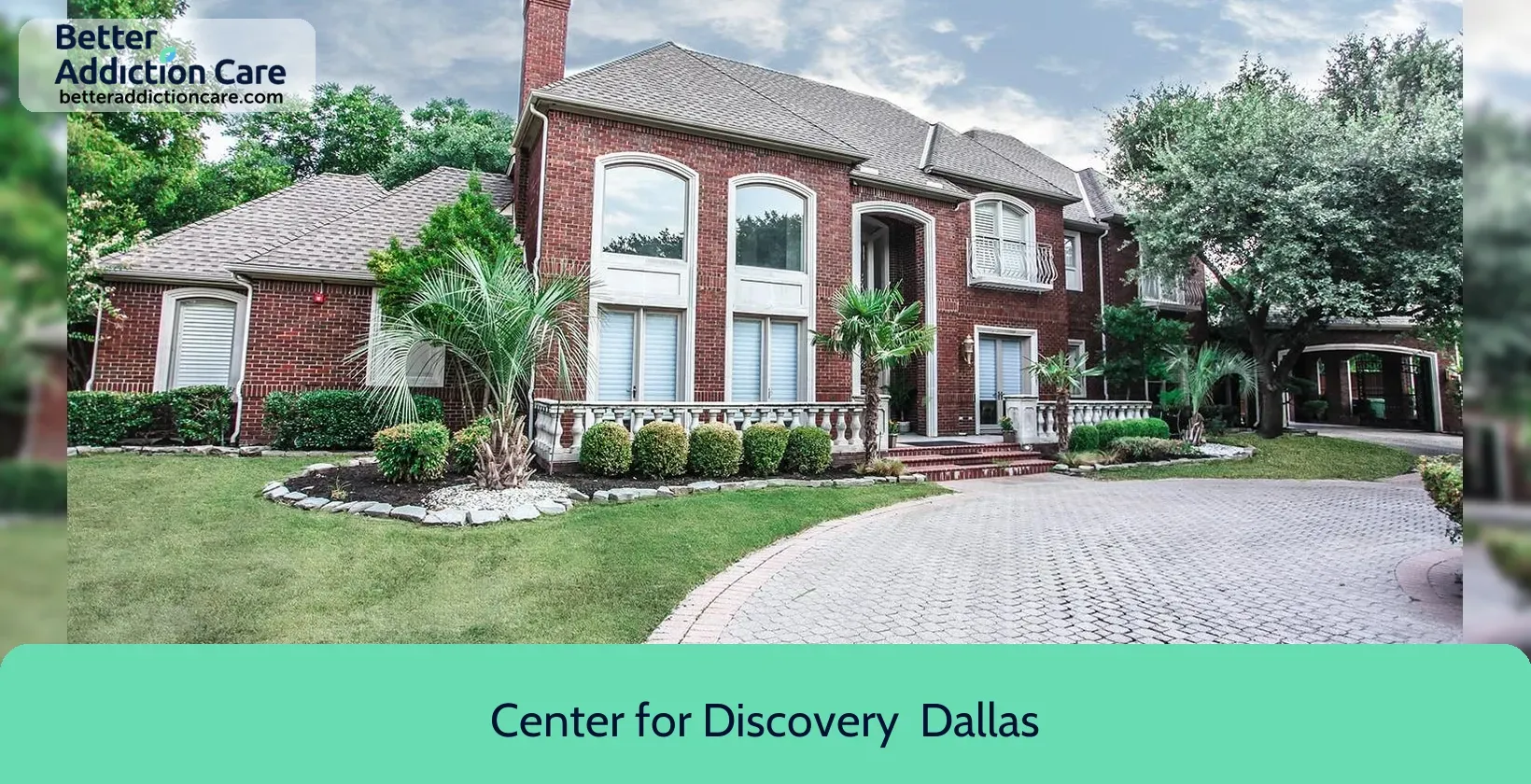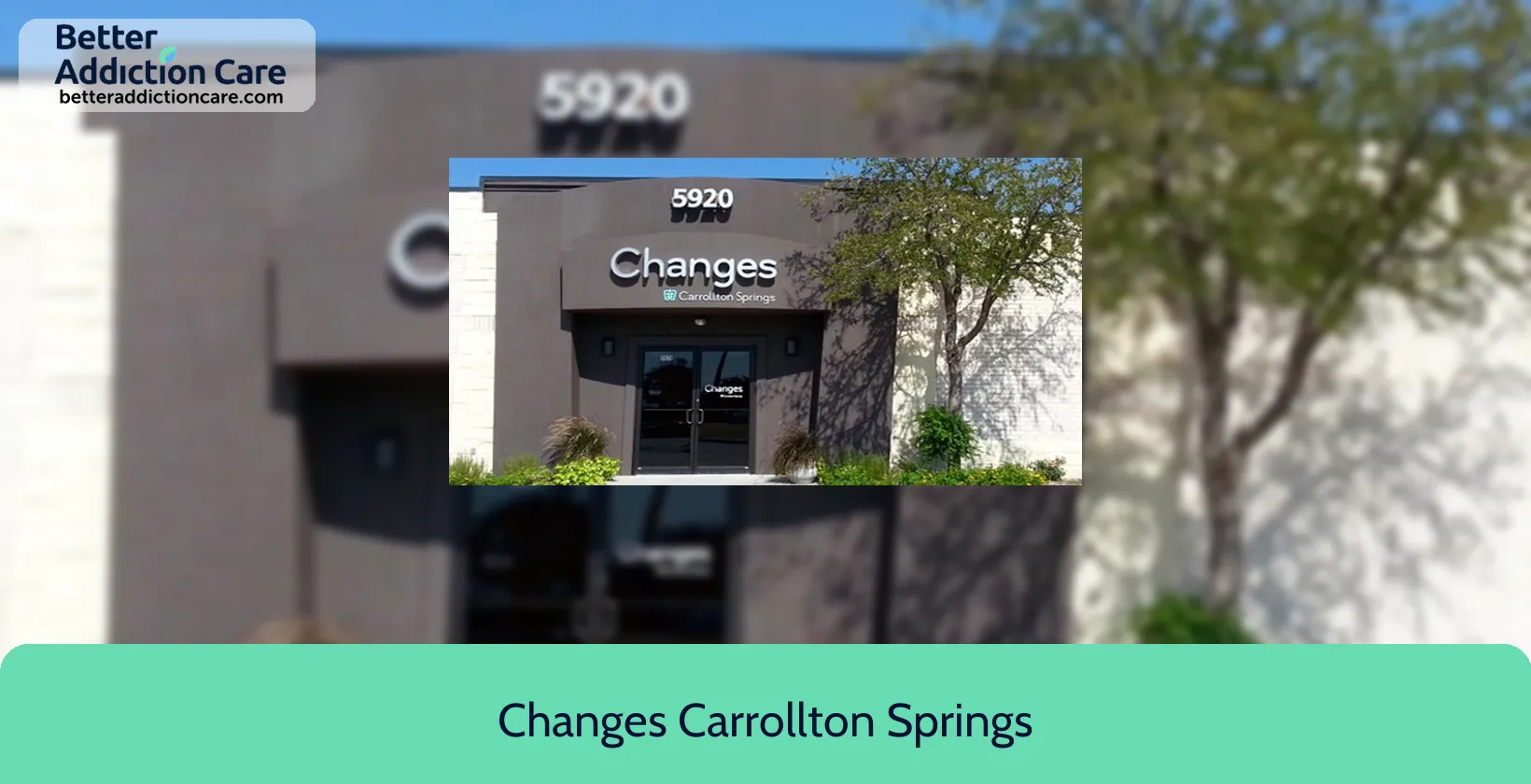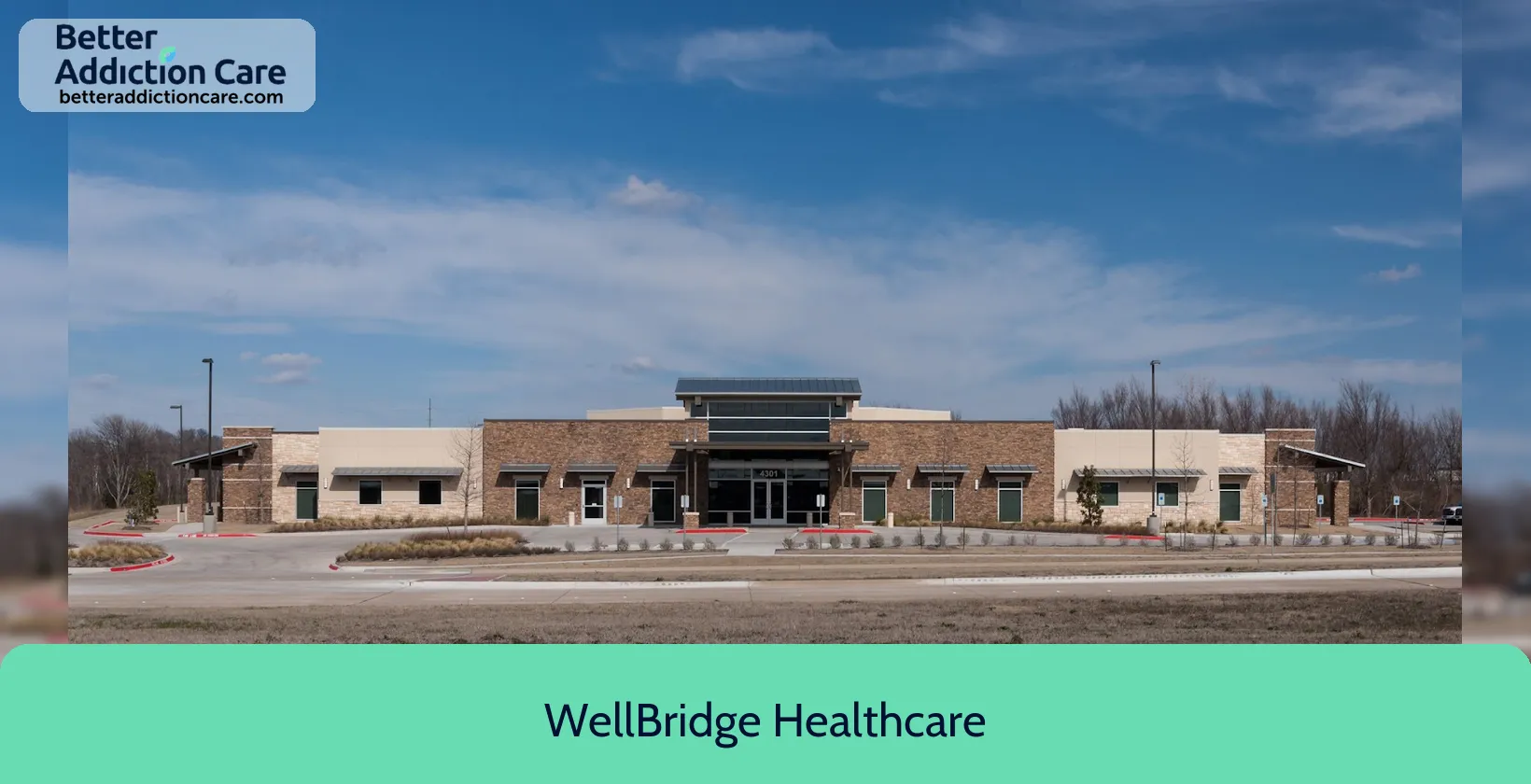Overview
WellBridge Healthcare is an mental health treatment center that provides inpatient and outpatient treatment for men between 18 and 65+ years of age. As part of their special programs, WellBridge Healthcare treats clients with co-occurring mental and substance use disorders, veterans, and active duty military. To help patients achieve sobriety, WellBridge Healthcare provides intake assessments. Afterward, patients receive couples/family therapy, group counseling, and cognitive behavioral therapy during treatment. WellBridge Healthcare is located in Plano, Texas, providing treatment for people in Collin County, accepting cash or self-payment, medicaid, and medicare.
WellBridge Healthcare at a Glance
Payment Options
- Cash or self-payment
- Medicaid
- Medicare
- Private health insurance
- Federal military insurance (e.g., TRICARE)
Assessments
- Screening for tobacco use
- Comprehensive mental health assessment
- Comprehensive substance use assessment
Age Groups
- Seniors or older adults
- Young adults
- Adults
- Seniors
Ancillary Services
- Case management service
- Chronic disease/illness management
- Court-ordered outpatient treatment
- Diet and exercise counseling
- Education services
Highlights About WellBridge Healthcare
6.71/10
With an overall rating of 6.71/10, this facility has following balanced range of services. Alcohol Rehabilitation: 8.00/10, Drug Rehab and Detox: 6.00/10, Insurance and Payments: 6.00/10, Treatment Options: 6.85/10.-
Alcohol Rehabilitation 8.00
-
Treatment Options 6.85
-
Drug Rehab and Detox 6.00
-
Insurance and Payments 6.00
Treatment At WellBridge Healthcare
Treatment Conditions
- Alcoholism
- Mental health treatment
- Substance use treatment
- Co-occurring Disorders
Care Levels
- Hospital inpatient/24-hour hospital inpatient
- Partial Hospitalization Program
- Outpatient
Treatment Modalities
- Couples/family therapy
- Group counseling
- Cognitive behavioral therapy
- Dialectical behavior therapy
- Integrated Mental and Substance Use Disorder treatment
Ancillary Services
Languages
- Sign language services for the deaf and hard of hearing
- Spanish
Special Programs
- Clients with co-occurring mental and substance use disorders
- Veterans
- Active duty military
- Members of military families
- Criminal justice (other than DUI/DWI)/Forensic clients
Get Help Now
Common Questions About WellBridge Healthcare
Contact Information
Other Facilities in Plano

7.17

7.51

6.96

6.59

6.75

6.85
DISCLAIMER: The facility name, logo and brand are the property and registered trademarks of Imagine Programs, and are being used for identification and informational purposes only. Use of these names, logos and brands shall not imply endorsement. BetterAddictionCare.com is not affiliated with or sponsored by Imagine Programs.

